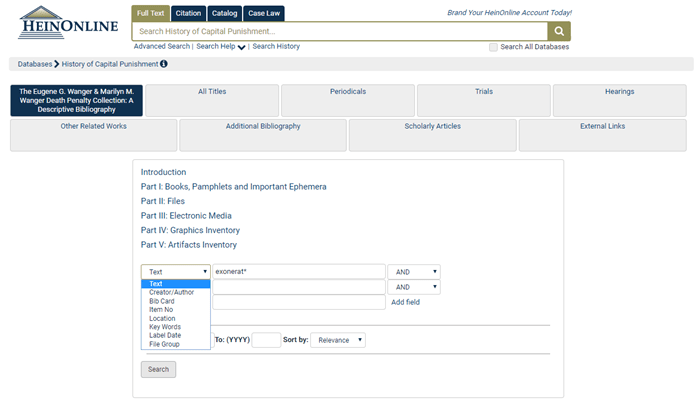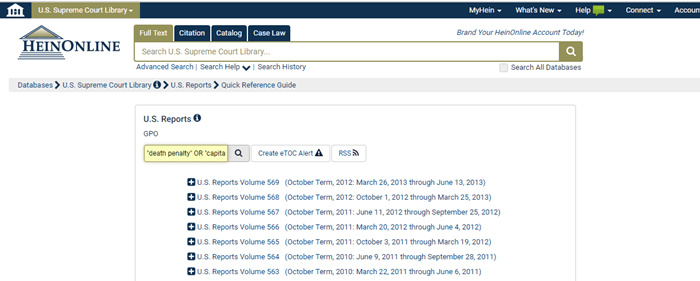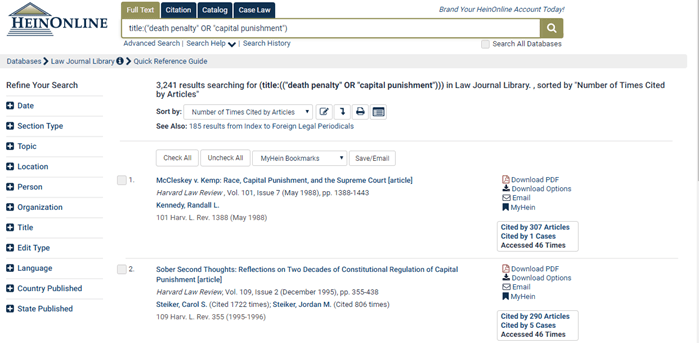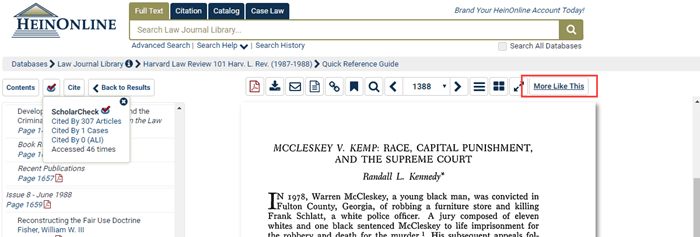Capital punishment is one of the most controversial issues facing global society, both today and historically. Many countries have abolished the death penalty. Those which have not include the United States, China, India, Japan, and most Islamic states. The United States is the only Western nation still using capital punishment.
Proponents of the death penalty argue that it is a deterrent to crime, prevents offenders from committing further crimes, and is a tool prosecutors and police can use when plea bargaining with defendants. Opponents believe capital punishment is inhumane, discriminates against poor and minority defendants, and does not actually deter crime.
Death Penalty Fast Facts
- Since 1976, there have been 1,472 executions in the United States
- The peak number of 98 executions occurred in 1999
- 1,456 males have been executed
- 16 females have been executed
- The race of defendants executed breaks down as follows:
- 55.77% White
- 34.38% Black
- 8.29% Hispanic
- 1.09% Native American
- 0.48% Asian
- The race of victims in death penalty cases breaks down as follows:
- 75.72% White
- 15.29% Black
- 6.9% Hispanic
- 0.23% Native American
- 1.85% Asian
- Texas has executed the highest number of inmates (549), followed by Virginia (113) and Oklahoma (112)
- California currently has the highest number of death row inmates with 740, followed by Florida with 354 and Texas with 235
- Since 1973, 164 people have been released from death row with evidence of their innocence
- 88% of former and current presidents of top U.S. academic criminological societies reject the notion that the death penalty acts as a deterrent to murder
- Financially, death penalty cases and executions cost significantly more than non-capital cases and/or life imprisonment, sometimes even triple the cost
Sources:
Death Row U.S.A. Reporter Spring 2018
https://deathpenaltyinfo.org/documents/FactSheet.pdf
History of Capital Punishment in HeinOnline
The History of Capital Punishment database in HeinOnline is an incredible research platform which provides a comprehensive overview of the history of death penalty legislation. A database version of Eugene G. Wanger’s prestigious Death Penalty Collection: A Descriptive Bibliography is included in this resource.
Wanger’s unprecedented bibliography includes more than 7,000 entries, with more than 650 of these entries linking to full-text documents in HeinOnline. Also included are related trials, congressional hearings, periodicals, articles, and books on the topic. In total, History of Capital Punishment contains more than 1,000 titles and 317,000 pages.
Exploring the Database
To use the database version of the Wanger bibliography, select History of Capital Punishment from the HeinOnline Welcome Page. The bibliography is divided into five parts: Books, Pamphlets, and Important Ephemera; Files; Electronic Media, Graphics Inventory, and Artifacts Inventory. Search the content using metadata fields including Text, Creator/Author, Bib Card, and more. For example, search the text for exonerat* to find documents containing variations of the word exonerate, including exonerates, exonerations, etc.

Results include a number of entries on wrongful convictions and death row inmate exoneration.
The main search bar, located at the top of the page, will search the Wanger bibliography as well as all additional content in History of Capital Punishment. Perform the same search (exonerat*) in this search bar to find relevant bibliographic entries along with related works, such as periodicals and books.
About Eugene G. and Marilyn M. Wanger
Eugene G. Wanger and his wife, Marilyn, are widely considered to be experts on the topic of capital punishment. Eugene G. Wanger graduated from Amherst College with honors and earned his law degree from the University of Michigan, where he was a champion moot court competitor, was elected president of his law fraternity and developed his interest in collecting books on history and government. Since 1972 Mr. Wanger has co-chaired the Michigan Committee Against Capital Punishment, co-founded the Michigan Coalition Against the Death Penalty, and continued his interest in history and government. His collection and writings on the subject of capital punishment were considered to be the largest in America in private hands before being made part of the National Death Penalty Archives at the State University of New York at Albany.
Marilyn M. Wanger is also a graduate of Michigan Law School. She has had a distinguished career, first as a Michigan Assistant Attorney General and later as a Commissioner of Michigan’s Court of Appeals. She was the first woman to serve on the Lansing Community College Board of Trustees.
Not Subscribed?
History of Capital Punishment is available in conjunction with the print version of the Wanger bibliography. The book and database are also available separately.
Capital Punishment Supreme Court Cases
The Supreme Court of the United States (SCOTUS) has issued numerous rulings on the use of capital punishment.
U.S. Supreme Court Library
HeinOnline’s U.S. Supreme Court Library contains comprehensive coverage of the U.S. Reports, the official law reports of the rulings, orders, case tables, and other SCOTUS proceedings. Search the U.S. Reports for “death penalty” OR “capital punishment” by selecting U.S. Reports from within the U.S. Supreme Court Library and entering the terms in the search bar.

Results include major death penalty cases such as Furman v. Georgia, Witherspoon v. Illinois, Thompson v. Oklahoma, and more. Cases in the U.S. Supreme Court Library include links to Oyez, a free law project from Cornell’s Legal Information Institute (LII), Justia, and Chicago-Kent College of Law. The resource contains a multimedia archive devoted to making the Supreme Court of the United States accessible to everyone. Text and audio transcripts of cases are available.
Preview of United States Supreme Court Cases
There is a death penalty case currently under consideration by the Supreme Court: Bucklew v. Precythe. This case is covered in the most recent issue of Preview of United States Supreme Court Cases, available exclusively via HeinOnline.
The question posed by this case is: Does the Eighth Amendment prohibit a state from administering lethal injection to a condemned prisoner when the prisoner has an exceedingly rare medical condition that may cause him severe pain during a lethal injection and when the state may be able to use lethal gas as a less harmful alternative?
Learn more about this case, and other pending SCOTUS cases, by subscribing to Preview of United States Supreme Court Cases.
Secondary Source Research
HeinOnline contains a wealth of secondary sources, such as scholarly articles, on the topic of capital punishment. A search in the Law Journal Library for “capital punishment” OR “death penalty” produces more than 100,000 results. Perform a more specific search query using the Advanced Search tool and entering the same terms in the Article Title field. This produces a far narrower set of results, which can be further refined using the facets on the left side of the page. Sort results a number of ways, including by number of times cited by articles, to view the most-cited content first.

HeinOnline has incorporated machine learning and natural language processing technology into its interface to provide an extremely intuitive method of finding on-point articles. For example, enter the first article from the above search results, McCleskey v. Kemp: Race, Capital Punishment, and the Supreme Court. Click the More Like This button, located above the page image. This produces a list of articles that are most like the current article, based on a series of interesting words extracted from the initial article and compared against all other articles in HeinOnline. Topical research is easier than ever in the Law Journal Library!

The Law Journal Library also includes Death Row U.S.A. Reporter, which is a quarterly report issued by the NAACP Legal Defense Fund’s Criminal Justice Practice. The report contains death row populations by state, as well as other statistics pertaining to capital punishment in the United States.
Got Questions?
HeinOnline is a go-to source for primary and secondary sources on important and hot-button topics. If you have questions about searching or navigating the interface, please contact our dedicated support team at (800) 828-7571, email us, or chat with us!



